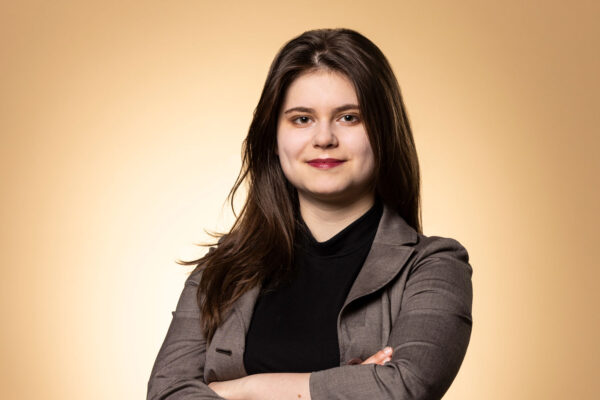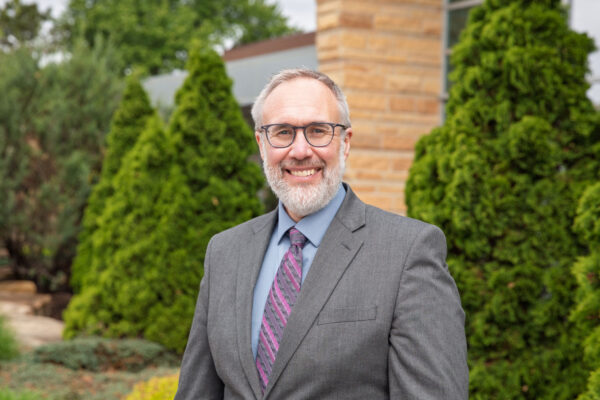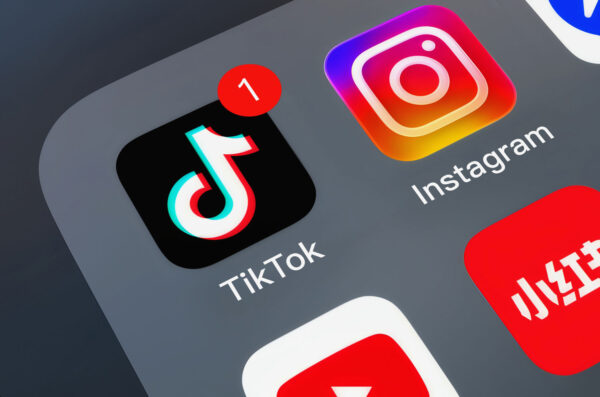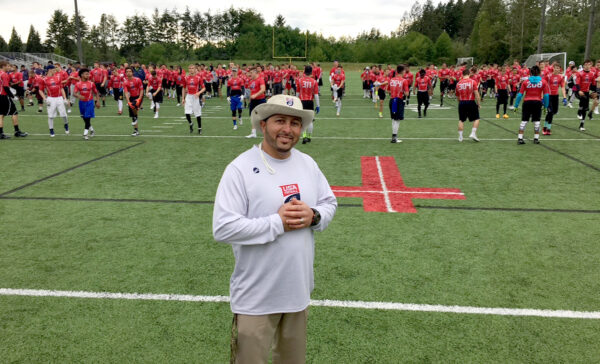The picture of success is waking up at 5:30 a.m. and jumping out of bed immediately, then hitting the gym. Showering, then changing the world. This is not an accessible way of living for most people, yet social media pushes this daily. I used to define my value based on unrealistic standards, but now I know that my ability to navigate my struggles is my proudest accomplishment.
My college journey began with being frustrated by this rhetoric. In high school, I was an IB student with perfect grades, but I was also incredibly miserable. I had no time to make friends, spend time with family, exercise and sleep more than five hours a night.
Luckily, I found an escape route — a program by the name of Running Start — which allows high school students to complete college courses at local community colleges. At the age of 16, I became a full-time college student and subsequently achieved my associate degree in Science (Physics focus) at 18, just a week before I received my high school diploma.
Going to college early helped me learn what I wanted out of university and prepared me to succeed. However, my community college career was not all rainbows and unicorns. In my last year of the program, I burned out again. Although I still graduated with honors, I realized that I could only keep succeeding at the expense of my health for so long. Try as I might, I could not understand what was wrong about my approach.
When I transferred to the University of Washington Bothell in autumn 2023, I tried waking up early, tested different study techniques and setting timers, and yet every time finals week rolled around, I was up until 2 a.m. banging my head against the wall as I sleepily wrote notes. It did not help that I applied to more than 50 internships in just a few months’ span while being a full-time student.
My luck with regards to internships changed just a few months later, when I got an interview for an internship at Dell Technologies. I was a Mathematics major with one intro to programming (Python) class under my belt competing against computer science students with years more experience than me during midterm week, which was the busiest week of the quarter for me by far. By the time that week was over, I was utterly exhausted. My hard work paid off, however. I still remember how I had to sit down because I was in such a state of shock and gratitude when I saw the email stating that I had passed the interview and would officially be a software engineering intern the summer of 2024.
Incidentally, I finally found the wisdom I needed that summer in Massachusetts while taking a rideshare service car to the train station. I cannot recall the driver’s name, but as he drove, he told me the most fascinating story about his trip to New York, his favorite detective stories and all the other riders he had driven and their stories. He parked the car, and as I was leaving, he gave me one of the best pieces of advice I have ever heard. He recognized I was in the beginning of my career and nervous about it, too. He said, “Remember to speak at the right volume. Not too loud, not too quiet. It’s all about balance.” And then he drove off, and I never saw him again.
He was right. I was unbalanced in a number of ways. I was too quiet, which meant that I ran the risk of not being recognized for my hard work. But I was also unbalanced in my actions. That summer, I had an amazing manager and team at Dell, which allowed me to both participate in fascinating work and also have some free time to travel around the Boston area, learn how to bake bread and take an occasional dip in the swimming pool. Not only did balance make me happier, it also made me more productive. The phrase “quality over quantity” is an age-old adage but holds true even in this context.
I returned to UW Bothell with a new mission: Use what I learned in Boston to meet my goal of finishing my college career off strong. What I did not know at that point in time was just how much success I would achieve.
My research journey began back in January of 2024, but I would argue that it began back in middle school when I would read astronomy books during lunch and ponder about the workings of the universe. I joined the Gravitational Wave Astronomy Research Group at UW Bothell for no other reason than it sounded right up my alley. I had always dreamed of contributing toward scientific innovation. I spent the first few months studying and programming Markov Chain Monte Carlo algorithms and took a break from research over the summer to prioritize my internship. When I returned, I was encouraged by my mentor Dr. Joey Key, associate professor in the School of STEM, to apply for the Mary Gates Research Scholarship, which I did. And I got rejected.
Dr. Key gave me a position as a STARS Student Research Mentor, where I guided students from Cascadia College — my alma mater — through pulsar science certifications and into the work of advanced research as part of a program that links four-year institutions with two year-institutions. Additionally, Dr. Key recommended that I reapply to the scholarship. Simultaneously, I received a surprising email. One of my math professors, whose office hours I had attended almost every single time they were held, had nominated me to apply for the Husky 100.
On the inside, I was dubious. I had just been rejected from a competitive scholarship. How was I supposed to get an even more competitive award? Still, I applied anyway. My professors had nominated me for these awards and in doing so placed their trust in me that I would follow through with them.
And then I received them both! Suddenly, I felt visible. People came up to me in the hallways to speak about my experiences. I got to speak with the School of STEM Advisory Board about my research. Much more importantly than the recognition, the Mary Gates scholarship provided me the opportunity to more heavily focus on my research and fulfill my dreams.
My research involved using a mathematical algorithm (MCMC parameter estimation) to analyze simulated gravitational wave data. My college experience is characterized by long days sitting in the research room trying, failing and then succeeding at running my code on Hyak, UW’s supercomputer.
I would not have it any other way. I truly loved every second of my work, even the frustrating moments. Research also brought me the gift of connection. I was surrounded by researchers with similar interests, I met wonderful people at conferences and symposiums, and the conversations I had with people when presenting my research were some of the most interesting ones I have ever had.
Alas, my undergraduate experience has come to a close. I graduated magna cum laude on June 15 with a B.S. in Mathematics and mixed feelings. I know I will miss sitting in DISC-252 stressing over my code running on the supercomputer, but I am excited for what comes next, too. I will be returning to Dell as a software engineer.
There is one thing for sure: I would never have been able to do any of this without balance. I appreciate Sigmund Freud’s assertion — controversial as he is — that love and work are central to the human experience. This past year, I have had so many incredible experiences, both professionally and academically, while keeping my health and wellness a priority as well. Because of this shift in strategy, I did not burn out, which allowed me to enjoy my personal life more as well as focus on my work.
As it turns out, I was asking the wrong question all along. I kept wondering what strategy I needed to employ to be more successful, but without the wisdom of that rideshare driver, I would have never realized the importance of balance. Without my team at Dell, I would have never built the confidence I needed. Without my professors, I would have never dared to dream of applying myself as much as I did. Without my family and friends, I would have had no support system, no one to turn to when I started to doubt myself.
I am so, so grateful for everyone who I have had the privilege of crossing paths with throughout my undergraduate experience. Sometimes the smallest acts of kindness, even some words of advice at a train station in Boston, can change the course of someone else’s life.
Kristiina Tulleau is one of eight UW Bothell students selected as part of the Husky 100 Class of 2025. Every year, the University of Washington recognizes 100 undergraduate and graduate students from the Bothell, Seattle and Tacoma campuses who have made the most of their time at the UW — inside and outside the classroom.



